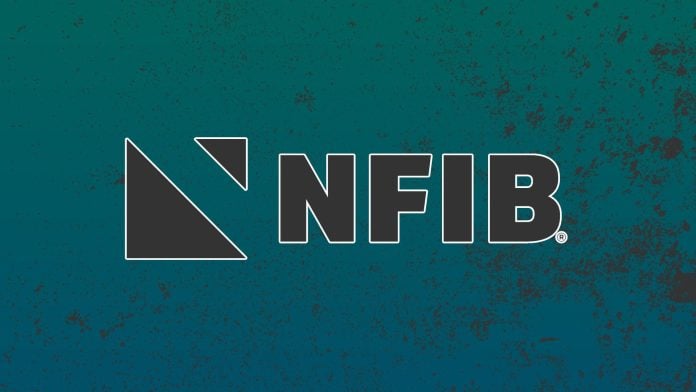In a significant case highlighting the critical importance of integrity in federal relief programs, a Santa Clara woman was sentenced to 18 months in federal prison for fraudulently acquiring over $2.8 million in pandemic relief funds. Cassie Will-Darnall, 53, was sentenced by U.S. District Judge P. Casey Pitts after she pleaded guilty to bank and wire fraud related to two Paycheck Protection Program (PPP) loans.
Will-Darnall’s fraudulent activities raise vital concerns for small business owners navigating the complexities of federal assistance programs. The PPP, part of the Coronavirus Aid, Relief, and Economic Security (CARES) Act enacted in March 2020, was designed to offer emergency financial support to businesses struggling due to the COVID-19 pandemic. The program aimed to assist small businesses through forgivable loans that would cover job retention and essential business expenses. However, this case illustrates how quickly fraud can undermine such support, putting legitimate users at risk.
In May 2020, Will-Darnall submitted a loan application misrepresenting her company, Alternative Health Services Inc., as having 10 employees with an average monthly payroll of nearly $388,000. In reality, the business had no employees or payroll. As a result, Lender 1 approved a loan of $968,989 based on these false claims.
Not content to stop there, Will-Darnall continued her scheme in July 2020 by applying for a second loan through her purported leadership of Rosswood Properties LLC. She falsely claimed the company employed 35 individuals with an average monthly payroll exceeding $816,000, which also turned out to be untrue. This application successfully secured an additional $1,864,565 from Lender 2.
The U.S. Attorney’s Office, along with federal agencies like the FBI and SBA Office of Inspector General (OIG), underscored the severity of Will-Darnall’s actions. "Fraudulent actions like this serve to undermine the integrity of critical assistance programs,” stated U.S. Attorney Craig H. Missakian. The repercussions of such fraud may deter future applicants who genuinely need assistance, raising fears of tighter regulations that could complicate access for small businesses.
For small business owners, this case serves as a wake-up call. While many businesses utilized PPP funds effectively to weather the storm brought on by the pandemic, the shadow of fraud looms large. It calls attention to the necessity for transparency and honesty in applying for federal loans. Improperly submitting claims not only jeopardizes aid for the business but can also lead to significant criminal penalties, as illustrated by Will-Darnall’s sentencing.
Additionally, small business owners should remain vigilant about compliance with ever-evolving regulations surrounding federal aid. The PPP was designed with strict guidelines, and deviation from these standards can lead to serious legal repercussions. The current environment requires businesses to ensure that all claims made for public assistance are accurate and justifiable.
Moreover, the case emphasizes the importance of thorough documentation and payroll records when applying for loans. Small business owners should keep meticulous financial records and be prepared to provide detailed proof of employment and payroll to avoid any potential misunderstandings.
Will-Darnall’s sentence includes not just the prison time but also three years of supervised release, highlighting the long-lasting consequences of fraud. A restitution hearing is set for later this year, suggesting that affected lenders are pursuing recovery of their lost funds.
As the landscape of federal loans continues to evolve, small business owners are urged to stay informed and educated on compliance, accounting practices, and the ethical considerations necessary for maintaining their businesses’ integrity. The security of federal programs relies on their credibility, and it is the responsibility of every business owner to uphold that standard.
For further details, you can read the original press release by the U.S. Department of Justice here. The implications of this case underscore the need for small businesses to approach federal relief programs with caution and transparency, ensuring that they contribute to rather than undermine the trust placed in these vital resources.
Image Via BizSugar



